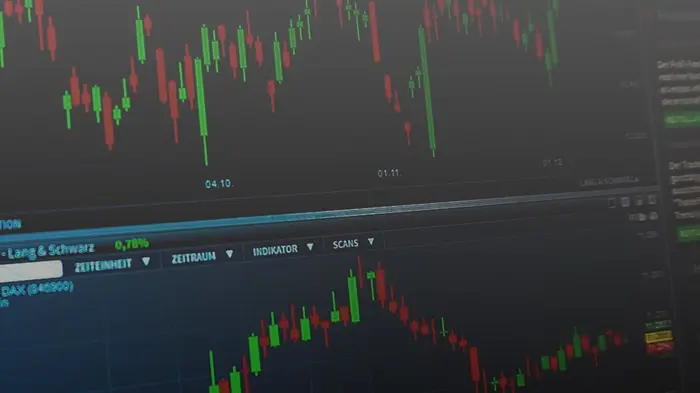Porsche’s push into electrification is taking shape through the electric Macan, which has made a strong debut in the U.S. market. Since deliveries began in late September 2024, Porsche has sold 2,771 electric Macans, accounting for 11% of total Macan sales last year. This has contributed to Porsche’s U.S. sales volume reaching a record 76,167 vehicles in 2024.
The Macan has been a core model for Porsche, and its electric version is attracting new customers to the brand. According to Timo Resch, CEO of Porsche Cars North America, a significant portion of the consumers purchasing the electric Macan are new to the brand. This strategy aligns with Porsche’s broader goal of growing the electric vehicle (EV) market while retaining the appeal of its internal combustion engine (ICE) Macan.
Aiming for Expansion in the Electric Segment
By offering the electric Macan alongside its traditional models, Porsche hopes to appeal to consumers seeking electric alternatives without abandoning its established fanbase. The company’s overall strategy seems to be paying off in terms of building brand loyalty and expanding its consumer base in the growing electric vehicle market.
Taycan Sales Struggle in a Competitive Market
Despite the early success of the electric Macan, Porsche’s other electric vehicle, the Taycan, has faced a more difficult road. The Taycan saw a 37% decline in U.S. sales last year, with only 4,747 units sold. This slump can be attributed to increasing competition, particularly from German rivals and Tesla, which have been aggressively pricing their electric models.
Porsche did update the Taycan in 2024 with improvements in suspension, power, range, and acceleration, but Timo Resch admits that the market for electric vehicles is moving at a slower pace than expected. Porsche is cautious about engaging in price competition, as the brand values its premium positioning. Resch emphasizes that Porsche’s goal is not to gain market share by sacrificing margins but to continue offering high-quality products without compromising on the brand’s values.
Slower Pace for Porsche’s Electric Transition
Porsche’s ambitious electric transition has hit some roadblocks, with demand for electric vehicles not meeting previous expectations, particularly in key markets like the U.S. and China. As a result, the company has reassessed its electric vehicle targets, softening its goal of having 80% of sales come from electric models by 2030. While Porsche still aims to offer 80% of its vehicles as all-electric by 2030, this target will depend on consumer demand and the pace of electromobility development.
Delay in Electric Models and Hybrid Focus
The delay in the electric vehicle (EV) transition is also affecting Porsche’s product roadmap. The electric Cayenne and battery-only versions of the 718 Cayman and Boxster sports cars, originally scheduled for release in the next few years, may be postponed. This adjustment reflects the reality of slower EV adoption and the company’s desire to stay aligned with market demand.
In the interim, Porsche is focusing on expanding its range of mild and plug-in hybrid vehicles to cater to a broader customer base. Resch emphasized that Porsche’s strategy is consumer-driven, offering the right choices to customers without forcing a shift to full electric drivetrains. The company also plans to continue developing combustion engine versions of models like the Cayenne and Panamera, ensuring they remain competitive in the market for years to come.
Conclusion
Porsche’s path to electrification remains on track but will likely take longer than initially anticipated. While the electric Macan’s success offers promise for the brand, the struggles of the Taycan highlight the challenges Porsche faces in a competitive EV market. With a flexible approach that continues to include combustion engines and hybrids, Porsche is adapting to changing consumer preferences and market conditions, ensuring that its luxury vehicles remain relevant across both traditional and electric drivetrains.
Related topics:



























